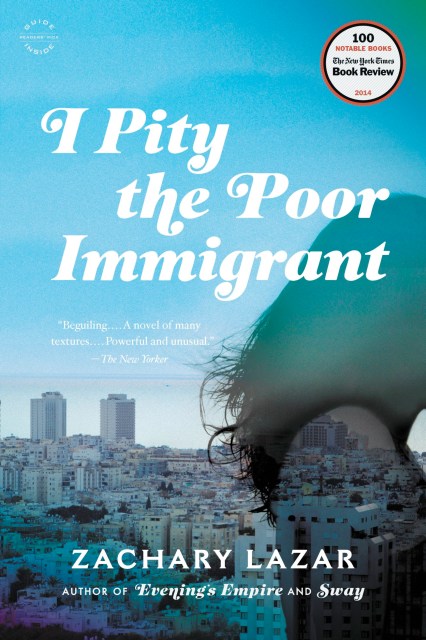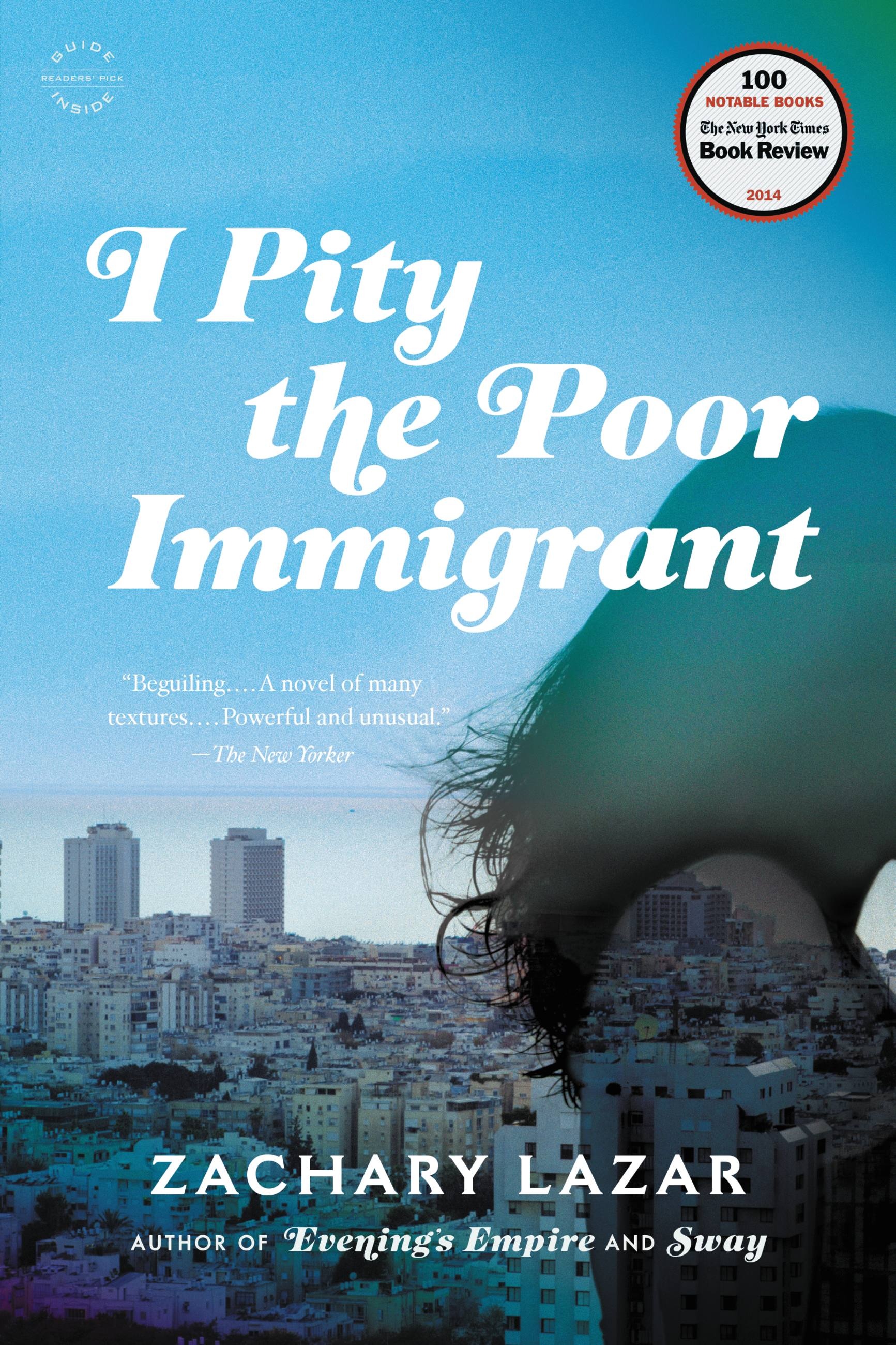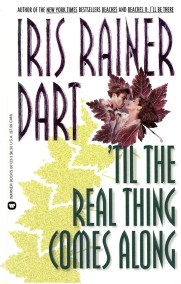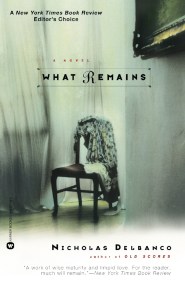I Pity the Poor Immigrant
A Novel
Contributors
Formats and Prices
Price
$15.00Price
$17.00 CADFormat
Format:
- Trade Paperback $15.00 $17.00 CAD
- ebook $1.99 $12.99 CAD
- Hardcover $25.00 $28.00 CAD
- Audiobook Download (Unabridged)
Also available from:
This stunning novel by the author of Sway is another “brilliant portrayal of life as a legend” (Margot Livesey).
In 1972, the American gangster Meyer Lansky petitions the Israeli government for citizenship. His request is denied, and he is returned to the U.S. to stand trial. He leaves behind a mistress in Tel Aviv, a Holocaust survivor named Gila Konig.
In 2009, American journalist Hannah Groff travels to Israel to investigate the killing of an Israeli writer. She soon finds herself inside a web of violence that takes in the American and Israeli Mafias, the Biblical figure of King David, and the modern state of Israel. As she connects the dots between the murdered writer, Lansky, Gila, and her own father, Hannah becomes increasingly obsessed with the dark side of her heritage. Part crime story, part spiritual quest, I Pity the Poor Immigrant is also a novelistic consideration of Jewish identity.
In 1972, the American gangster Meyer Lansky petitions the Israeli government for citizenship. His request is denied, and he is returned to the U.S. to stand trial. He leaves behind a mistress in Tel Aviv, a Holocaust survivor named Gila Konig.
In 2009, American journalist Hannah Groff travels to Israel to investigate the killing of an Israeli writer. She soon finds herself inside a web of violence that takes in the American and Israeli Mafias, the Biblical figure of King David, and the modern state of Israel. As she connects the dots between the murdered writer, Lansky, Gila, and her own father, Hannah becomes increasingly obsessed with the dark side of her heritage. Part crime story, part spiritual quest, I Pity the Poor Immigrant is also a novelistic consideration of Jewish identity.
-
A New York Times Notable Book of 2014
-
"Lazar concocts a beautifully written hybrid text of remembrance, essay, speculation, and poetic prose.... Unforgettable."--Tom Nolan, Wall Street Journal
-
"I Pity the Poor Immigrant...offers confident testimony that the novel, even in the age of memoir, has its own irreplaceable role."--Adam Kirsch,Tablet Magazine
-
"Lazar is a master of combining disparate stories into one complicated revealing narrative. In this novel, he has again succeeded in taking the reader through various seemingly unconnected lives and demonstrating how we are all immigrants striving for some inexplicable dream."--Library Journal (starred review)
-
"I Pity the Poor Immigrant is work of intricate and precise mystery, a book that is like a bold monument in an empty desert, a thing built of dread, and silences, and dazzling elegance, by a worldly and masterful hand."-Rachel Kushner, author of 2013 National Book Award finalist The Flamethrowers
-
"I Pity the Poor Immigrant conveys on every page a radical intensity of emotion and intellect. It's epic in scope and yet, in bursts of fine flinty prose, of great economy. Plus it has gangsters in it, and murder, and old lovers, and, above all, a father and daughter whose story turns out to be a heartbreaker."-Joshua Ferris, author of The Unnamed
-
"Here's a truly exciting novel. The conception is bold, the execution mesmerizing. Zachary Lazar makes the old stories dangerous and urgent again, and reveals the terror beneath our tidy versions of the now."-Sam Lipsyte, author of Home Land and The Ask
-
"Zachary Lazar's brilliant I Pity the Poor Immigrant considers Jewish identity in the provocative and riddling way that Walter Abish's How German Is It asked a similar question about Germans-but Lazar's is an even more daring project, for Jews have seldom been willing to look at themselves as perpetrators. Here Lazar deploys once again that signature mixture of panorama, poetry, and intimate observation that he invented, in his novel Sway, to evoke the chaotic, hypnotic world of sixties rock 'n' roll. In I Pity the Poor Immigrant, the maze of interlocking voices, bloody crime scenes, and rubble-strewn, blighted cityscapes from the West Bank to the Lower East Side, suggests a disturbing question: How Jewish is violence? Lazar never exactly answers: rather, he mesmerizes the reader with a somber, ever moving, kaleidoscopic demonstration: the will to violence, as a strategy as well as a defense, an ambition as well as a compensation, has been with us from the beginning, from King David to Meyer Lansky, from ancient Israel to Las Vegas, New York and Tel Aviv. These are aspects of "the poor immigrant" experience that respectably fixed later generations prefer to forget: how some of the first to arrive-however impeccable their excuses-looked about them and took the violent opportunity, used the weak and the greedy to force their way up, sometimes to the top. And yet, as it catches him in its strange, flickering, unstable narrative light, I Pity the Poor Immigrant somehow generates authentic-if bitter-pity even for a gangster like Lansky, stranded in his habit of silence when the State of Israel refuses to take him in."Jaimy Gordon, author of Lord of Misrule, winner of the 2010 National Book Award for fiction
-
"Hannah Groff's story includes gangster Meyer Lansky-a major figure in the development of Las Vegas-and makes room for the Biblical King David. And in Lazar's deft narrative, the lives of those tough Jewish men are convincingly woven into a rich cast of imagined characters."Chris Waddington, NOLA.com
-
"I Pity the Poor Immigrant is an inventive, taut, and refreshing take on a crime novel."Jami Attenberg, author of The Middlesteins, in The Rumpus
-
"I Pity the Poor Immigrant, like Lazar's award-winning earlier book, Sway, merges fictional people and events with real people and events to great literary effect... It's a brutally honest and beautifully written account of the need to love, be loved and belong... Lazar makes the reader think, ask questions and discover connections, all of which make his novel that much more rewarding to read."Sharon Chisvin, Winnipeg Free Press
-
"Brilliant... At its heart, Lazar's novel is the story of a handful of characters, some of them fictional, others drawn from real life whose stories interweave across generations, unfolding like a dream in which each phantom is remade by the tragedy of Jewish history... I Pity the Poor Immigrant is all about juxtaposition. That's where it gets its power. Extended quotations from history books sit beside newspaper articles, correspondence, psalms. The book weaves like a melody. It's beautiful, full of passages and bursts of dialogue that break through the noise of complaint and countercomplaint that define so much of the talk about modern Israel."Rich Cohen, New York Times Book Review
-
"I Pity the Poor Immigrant evokes a sense of nostalgia for places you've never been, for homes you've never had... "Why tell such a story?" Readers of Lazar's novel will not hesitate with their response to Hannah's question. The journey described, at one level depicting the Biblical escapades of King David and at another detailing the poet's bloody murder, captivates from the very first page."Ellis Shuman, The Times of Israel
-
"Undeniably absorbing... A gripping tale about history, morality and people with a far more profound conviction than Hannah-right or wrong-about who they are... Readers with patience for multiple unreliable narrators, and their attendant blank spots and self-exculpations, will find themselves falling under Lazar's spell in this deeply felt novel about searching-not in the vain hope of finding an answer, as Hannah says, but in the hope of creating a space to think through the question."Susan Comninos, Jewish Daily Forward
-
"The writer Barry Hannah used to say that even though Bob Dylan can't sing, he has the desperation of not being able to sing, which is better than being Glen Campbell, who can sing. Of course, there's something patronizing here: Even if Dylan can't sing, he can do a lot of other things well. And anyway, he can sing. Just not like your average crooner. All of which puts me in mind of Zachary Lazar's new novel, I Pity the Poor Immigrant... This isn't Glen Campbell doing a bildungsroman, but Dylan trying to unseat what is staid about fiction's engagement with stories that resist classification."Fiona Maazel, Bookforum
-
"A bold, fascinating experiment... In Zachary Lazar's dazzling novel, gangster Meyer Lansky's deportation from Israel and investigation into death of a poet converge... Lazar explores identity, the concept underlying his striking novel, through shifting narrators, shadowy characters and locales that embed specifics within ambiguous contexts... As nonlinear as the equally dark Dylan song it name-checks, Mr. Lazar's novel resonates long after you've read the last, determined page... Rarely has a book so opaque been so sexy. Its very opaqueness is its allure... One could also say the book is about writing and history. ...History, in Mr. Lazar's gifted hands, becomes timeless."Carlo Wolff, Pittsburgh Post-Gazette
-
"Zachary Lazar...crafts singular narratives out of diverse sources... He seizes the concrete, knows how to paint the brief vivid picture, and draws the reader into a beguiling air of lost connections... With such a novelistic collage, the way things hang together is what counts, and Lazar's novel makes a powerful and unusual totality of its disparate parts, an impressive cumulative experience."James Wood, The New Yorker
-
"[An] intricate and finely wrought novel... [Lazar] is a true conjurer, a magical writer who offers fresh and disquieting insights into the world we thought we knew."The East Hampton Star
-
"Brilliant and intriguing... Although these days you can pick up any number of new novels that focus on the lives and antics of historical figure...in the hands of a writer as gifted as Zachary Lazar, the technique still seems new."Alan Cheuse, The San Francisco Chronicle
-
"One of my favorite books of this past year... one of the most formally daring and innovative fictions I've read in years. It's a multiform novel that defies categorization, simultaneously a crime story, a memoir, and ultimately a strange and poetic exegesis on what it means to be a Jew. A truly fascinating work."Change-rae Lee, Salon's Ultimately Literary Guide 2014
- On Sale
- Apr 14, 2015
- Page Count
- 272 pages
- Publisher
- Back Bay Books
- ISBN-13
- 9780316254052
Newsletter Signup
By clicking ‘Sign Up,’ I acknowledge that I have read and agree to Hachette Book Group’s Privacy Policy and Terms of Use








